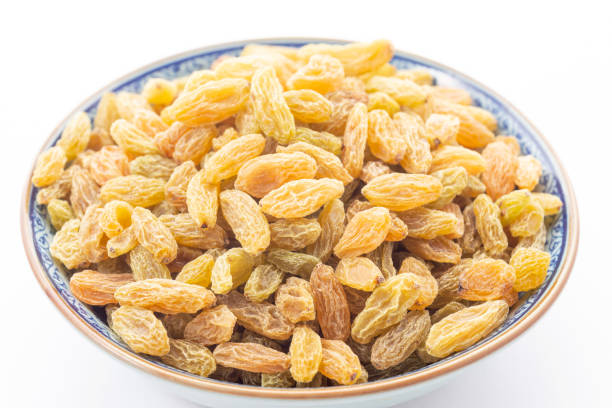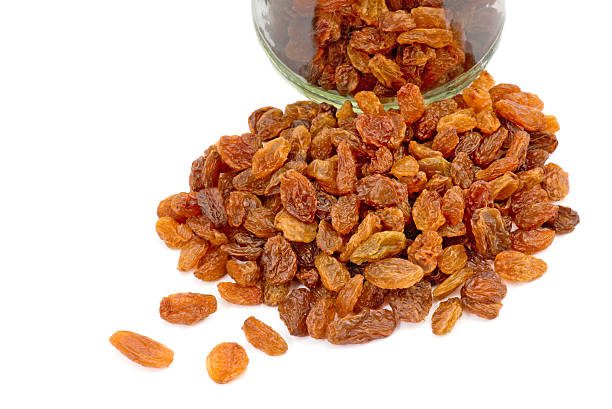Kismis, also known as raisins, are dried grapes that have been enjoyed for their sweet taste and convenience for centuries. In addition to being a tasty snack, kismis also provide a variety of nutritional benefits.
Per 100 grams, kismis contains:
Energy: 299 kcal
Carbohydrates: 79.66g
Protein: 3.07g
Fat: 0.66g
Fiber: 3.7g
Vitamin C: 0.4mg
Vitamin B6: 0.08mg
Calcium: 66mg
Iron: 1.56mg
Magnesium: 54mg
Phosphorus: 114mg
Potassium: 1228mg
Sodium: 16mg
Zinc: 0.5mg
Kismis is high in carbohydrates, providing nearly 80 grams per 100 grams. The majority of these carbohydrates are in the form of sugar, making kismis a sweet and energy-dense food. However, kismis also contains a significant amount of fiber, which can help to regulate blood sugar levels and promote feelings of fullness.
In addition to its carbohydrate content, kismis is also a good source of several essential minerals. Kismis is particularly high in potassium, providing over 1200mg per 100 grams. Potassium is an important mineral for maintaining healthy blood pressure and heart function. Kismis is also a good source of magnesium, phosphorus, and iron.
Kismis also contains small amounts of a variety of vitamins, including vitamin C and B6. Although the amounts are not as high as other foods, it still contribute to overall well-being.
It is worth noting that kismis is relatively high in calories and sugar, so it should be consumed in moderation as part of a balanced diet. However, when consumed in moderation, kismis can be a healthy addition to a diet, providing a variety of essential nutrients and a convenient and tasty snack.
Overall, Kismis is a good source of energy, carbohydrates, fiber, minerals and vitamins, but should be consumed in moderate amounts as part of a balanced diet. It is a healthy option for a snack or as an ingredient in other dishes.

 Home
Home Health
Health Diet & Nutrition
Diet & Nutrition Living Well
Living Well More
More












